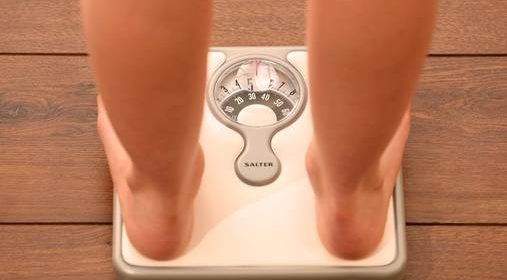Children of smoking mothers 'are 30pc more likely to be overweight or obese'

The children of Irish mothers who smoke are more like to be overweight or obese, according to a new study.
The UCC research on primary carers – 98pc of which were biological mothers – discovered a link between maternal smoking post-natally and obesity in children aged three and five.
It found children exposed to maternal smoking or primary carers’ smoking are 30pc more likely to be overweight or obese at age three and 31pc more likely to be obese or overweight at aged five compared to children of non-smoking mothers.
The lead author, Salome Sunday, said there is a theory second-hand smoke is linked to a child’s weight.
“It has been hypothesised that inhaling the chemicals in tobacco smoke (second-hand smoke exposure) may cause impaired metabolic and immune functions leading to an increase in the child’s susceptibility to obesity,” she said.
It is understood the research, which used findings gathered from over 11,100 children from the Growing Up In Ireland study, is one of the first Irish studies to examine how second-hand smoke from primary carers is linked to childhood obesity.
“Both childhood obesity and second-hand childhood exposure are public health issues in Ireland,” said the authors.
Interventions
Childhood obesity is linked with a string of health conditions later in life, including an increased risk for type 2 diabetes, heart diseases, cancer, as well as lifelong weight issues and obesity.
Public health professional Ms Sunday, from the School of Public Health in UCC, said she believes voluntary smoke-free households need to be vigorously promoted.
“In my opinion, the observed findings strongly suggest the need for informing policies on targeted population-level anti-smoking interventions, especially in private settings, not only to reduce further childhood second-hand smoke exposure levels, but also to tackle the epidemic of childhood obesity,” she said.
The findings also suggested the risk of children being overweight or obesity following childhood second-hand smoke exposure was independent of both low birth-weight and breastfeeding.
Source: Read Full Article